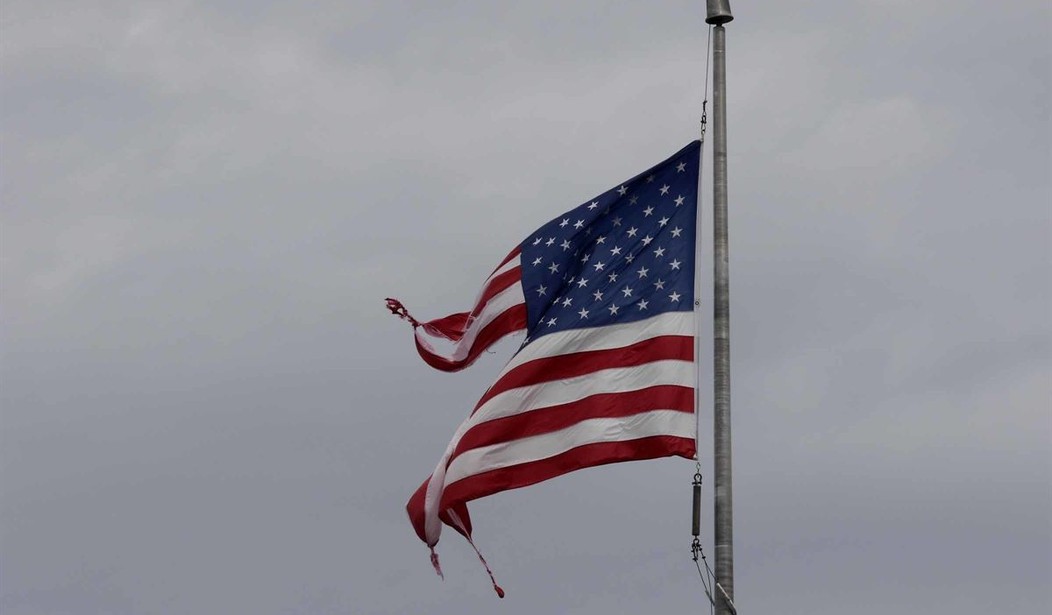This week, celebrities emerged from their Hollywood cocoon to sound off on abortion law ... in Georgia. If this sounds bizarre, that's because it is: The people of Georgia don't spend an awful lot of time trying to control the policies of New York or California. Yet the greatest and most moral among us -- people who read lines for a living and look attractive for magazine covers -- now lecture people thousands of miles away on the necessity of late-term abortion.
Netflix led the charge, announcing that it might cease filming in the state of Georgia should the state impose its "heartbeat bill," protecting the lives of the unborn from the sixth week of pregnancy. Netflix is simultaneously filming in Egypt and Jordan, where abortion is heavily restricted.
Disney soon joined the club, stating that it could pull production as well. Reese Witherspoon spoke up on behalf of females everywhere, saying: "Women of Alabama, I will fight for you. Women of Georgia, I will fight for you. Women of Ohio, Kentucky, Missouri and Mississippi, I will fight for you." Never mind that majorities of women in nearly all of these states are pro-life. Witherspoon knows that true women support her agenda. Sophie Turner of "Game of Thrones," too, announced that she wouldn't film in Georgia -- after filming her role as Sansa Stark in Northern Ireland, where abortion is illegal.
This sort of disdain of our culture's supposed elite for those who disagree politically is helping drive another wedge into our national divide. It's actually promoting a spiral of division that has severe consequences for our national polis.
Here's how it works.
Recommended
Culture is supposed to be the binding glue for any nation. The United States is ethnically, politically and religiously diverse. Only a few key threads still bind citizens from New York with citizens from Georgia: symbols like the American flag, institutions like the American military and, yes, water cooler conversations over sports, movies, music and television.
The American left has politicized each of these threads, in effect fraying them. The American flag itself has become a symbol of division, as our cultural betters -- and the gimlet-eyed marketing firms that power corporations like Nike -- decide to glorify protests against the flag. The American military has been politicized, too, with Hollywood portraying soldiers as either victims or villains (aside from a few rarities like "American Sniper" -- which, not coincidentally, did enormous in the box office). Our movies and television and music have become politicized, too, with artists deemed "unwoke" if they refuse to speak up on the issues of the day.
Conservatives have responded by first paying outsized attention to cultural figures who don't disdain them -- see Trump, Donald -- and, second, by showing up in droves to vote. If conservatives can't control the culture, they certainly can control their legislators.
Our cultural arbiters, in turn, have reacted to the political victory of their opposition with renewed attempts to merge culture and politics -- they've gotten more extreme, louder, more pronounced in their determination to shift the culture to their point of view. Which will, of course, drive more political divisions.
A pluralistic democracy requires three factors to function: a shared cultural space; a shared belief in key ideas, largely embedded in the Constitution; and a shared willingness to leave one another alone. As each component erodes, so, too, does the possibility of a united country.

























Join the conversation as a VIP Member